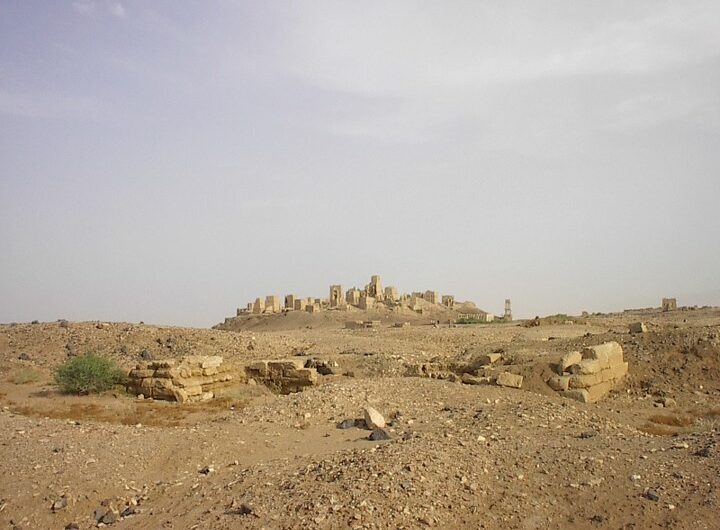Last week, Saudi Arabia put forward a peace plan aimed at ending the Yemeni Civil War. This proposal comes around the 6th anniversary of the entrance of the Saudi led coalition in the conflict. The peace plan comes at a time of intense fighting in the country, with Houthi forces waging an offensive to take the northern city of Marib and launching ballistic missiles against Saudi Arabia.
The Saudi plan includes re-starting political negotiations between the internationally recognised Hadi-led Government and the Houthis with the support of the United Nations. The plan would also see the Saudi’s allowing food and fuel to be imported into Yemen through the port of Hodeiah and Sanaa airport. Both have been blockaded by the Saudi coalition since its entry into the war in 2015.
However, the Houthi’s rejected the proposal, stating that the offer fell short of completely lifting the air and sea blockade on the country. Houthi spokesperson Mohammed Abdulsalam stated that “Saudi Arabia must declare an end to the aggression and lift the blockade completely but putting forward ideas that have been discussed for over a year is nothing new”.
The blockade has contributed to a disastrous humanitarian situation, with the UN estimating that 80% of Yemen’s population needed humanitarian aid and assistance. The UN has also warned of an imminent famine, with Al-Jazeera’s diplomatic editor James Bays saying that a UN appeal for $3.85bn in aid has only received half of the needed amount. The appeal is “a matter of urgency, otherwise, people are going to starve”.
A US proposal for a ceasefire was also rejected earlier in the month, with the Houthi’s claiming the proposal didn’t include lifting the siege or enacting a ceasefire. The US proposal comes after President Joe Biden withdrew US support for the Saudi-led coalition.
The ceasefire comes at a time of heavy fighting across Yemen, with Houthi forces launching a major offensive last month to take the northern city of Marib, which is still under the control of the Hadi Government. The city is the last city in the north that is held by the government and is home to internally displaced persons camps that house around 800,000 people.
The offensive prompted UN mediator Martin Griffiths to state that the war is “back in full force”. Whilst the Houthi offensive saw early gains, the government, with the help of the Saudi Air Force, have managed to prevent a takeover of the city. One military source quoted by Reuters news agency stated that the battle is “a blood bath”.
The Hadi government also sought to relieve pressure from the city by opening other fronts. In the south, the city of Taiz, which has been on the frontlines of the war since 2015 saw renewed clashes as government forces assaulted Houthi positions around the periphery of the city. The city is close to siege, with Houthi forces controlling the major avenues in and out of the city.
Clashes were also reported around the city of Hodeiah, another major city which has been caught in the middle of the war, and the only major port held by Houthi forces. The city was the scene of a government offensive in 2018, which sought to capture the city. Due to a potentially disastrous humanitarian outcome, the offensive prompted negotiations for a ceasefire, which was officially declared in December 2018.
With clashes ongoing across the country, the Houthis renewed their efforts to damage Saudi infrastructure, firing ballistic missiles and launching drones against the country. The attacks which occurred on Thursday targeted the King Abdulaziz military base in Dammam, as well as military sites in Najran and Asir. The group also targeted the oil company Aramco, targeting facilities in Ras Tanura, Rabigh, Yanbi and Jizan.
The Yemeni Civil War is currently in its 7th year. According to The Armed Conflict Location & Event Data Project (ACLED), 112,000 people have been killed since the conflict started. This includes 12,600 civilians which have been killed in targeted attacks. According to the Yemen Data Project, air raids alone have resulted in the 18,569 civilian casualties. The UN, and other aid agencies, have described the conflict as world’s largest humanitarian crisis at the moment.
Picture Credit: Tapatio





